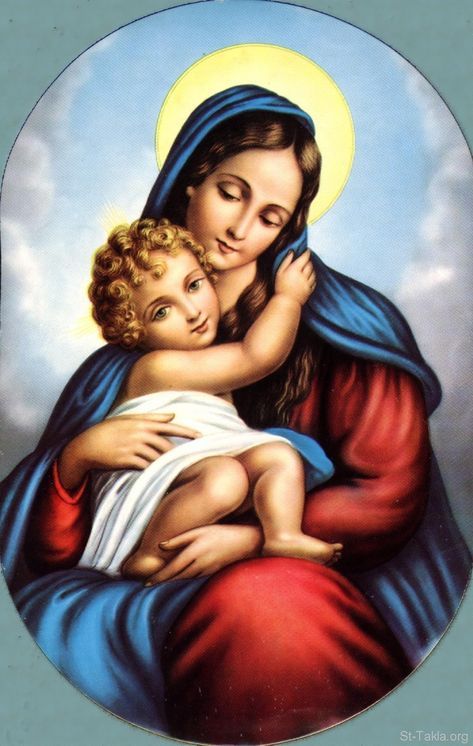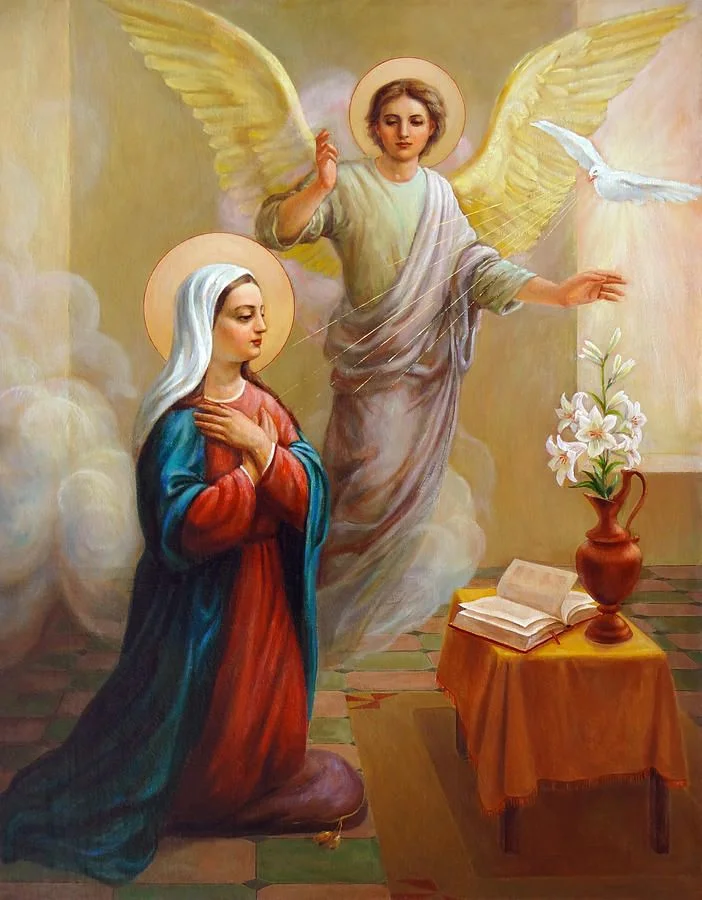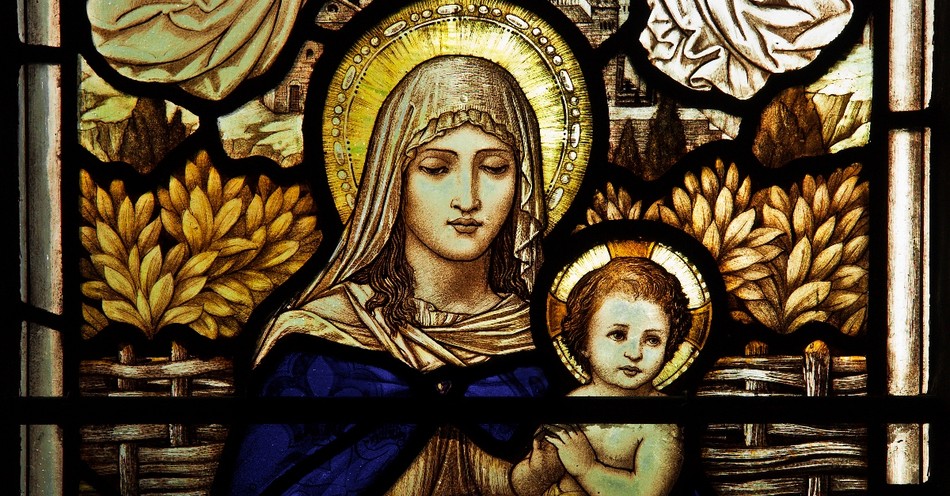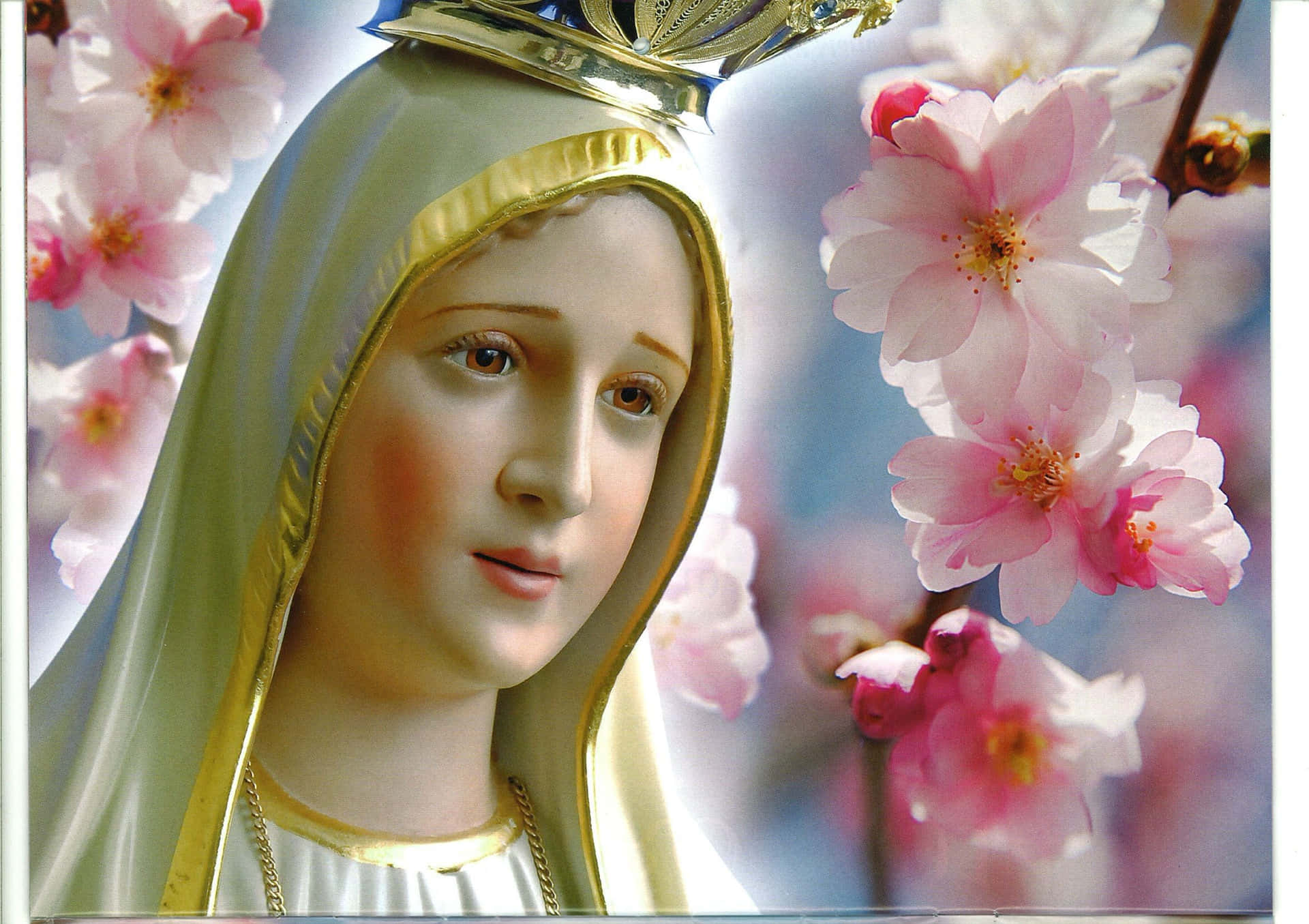Mary as a Patroness of Mothers and Families: A Theological and Sociological Exploration
This essay examines the multifaceted role of Mary, the mother of Jesus, as a patroness for mothers and families, drawing upon theological interpretations, sociological perspectives, and lived experiences. Key concepts explored include Marian devotion, maternal intercessory roles within religious frameworks, and the sociological impact of religious figures on community cohesion and support systems.
The Theological Foundation of Mary's Patronage: The Catholic tradition views Mary not merely as the mother of Jesus, but also as a pivotal figure in the salvation narrative. Her role in the Annunciation, her unwavering support during the crucifixion, and her continuing presence in the lives of believers (as articulated in the Catechism of the Catholic Church) establish her as a powerful intercessor. This resonates with the concept of divine grace and the mediation of saints within Catholic theology. This theological framework positions Mary as a model of faith, maternal love, and unwavering support, providing a source of comfort and strength for mothers and families facing various challenges. This intercessory role is further exemplified in the iconic image of Mary at the foot of the cross, where her unwavering faith provides strength and hope, a powerful symbol that has resonated throughout history.
Mary as a Model of Maternal Strength and Resilience: Scriptural accounts, such as the Visitation (Luke 1:39-56), depict Mary's compassionate and supportive nature, emphasizing her empathy and willingness to aid others. Her presence at the crucifixion, a moment of profound grief and loss, highlights her resilience and unwavering faith in the face of adversity. This resonates with the experiences of mothers and families who confront various life challenges. Mary's steadfastness in the face of hardship offers a powerful example of perseverance and strength to those navigating similar difficulties. The concept of resilience, well-established in psychology, finds a powerful parallel in Mary's unwavering faith and support, offering a model for overcoming challenges.
Mary's Influence on the Development of Maternal and Family Support Systems: The historical veneration of Mary has fostered the development of numerous community support structures centered on motherhood and family life. The lives of saints like St. Gianna Beretta Molla showcase the integration of faith, motherhood, and professional life. Their examples demonstrate how Mary's patronage has inspired individuals to pursue virtuous lives and contribute to the well-being of their communities. This highlights the social impact of religious figures and the role of belief systems in fostering communal support networks. The concept of social capital, emphasizing the benefits derived from social connections and trust within a community, can be seen in action here, with Mary acting as a unifying figure fostering these bonds.
The Power of Prayer and Ritual in Fostering Family Unity: The Rosary, a devotional prayer centered on Mary's life and the life of Jesus, serves as a powerful example of ritualistic practice that strengthens family bonds. Shared prayer fosters communication, reflection, and shared spiritual experiences, leading to enhanced family cohesion. The symbolic imagery of the Rosary itself—beads representing prayers—becomes a tactile representation of the family's shared journey of faith and collective seeking of divine guidance.
Biblical Symbolism and Mary's Intercessory Power: The Book of Revelation's depiction of Mary "clothed with the sun, with the moon under her feet, and on her head a crown of twelve stars" (Revelation 12:1) presents a powerful visual metaphor for her role as intercessor. This imagery conveys her divine protection and advocacy, reassuring believers of her ongoing support and guidance. This imagery reinforces the theological concept of intercession, emphasizing Mary's ability to mediate between humanity and the divine.
Conclusion and Recommendations: Mary's patronage of mothers and families transcends mere religious sentiment; it creates powerful social and psychological effects. Her unwavering faith, resilience in the face of adversity, and her consistent support provide invaluable examples for mothers and families across generations. Further research could explore the quantitative impact of Marian devotion on family well-being, using sociological methodologies to measure the correlation between active Marian devotion and various indicators of family health, such as conflict resolution strategies and resilience to stressors. The study could also investigate the cross-cultural variations in the interpretation and impact of Mary's patronage, comparing different religious traditions and their varying emphasis on Mary’s role. Promoting community initiatives that foster spiritual support and strengthen family bonds, inspired by the example of Mary, could significantly contribute to the well-being of families, offering practical applications rooted in faith-based frameworks.
Reader Pool: How might a sociological understanding of social capital contribute to a deeper appreciation of the role Mary plays in fostering community support and resilience within families?






